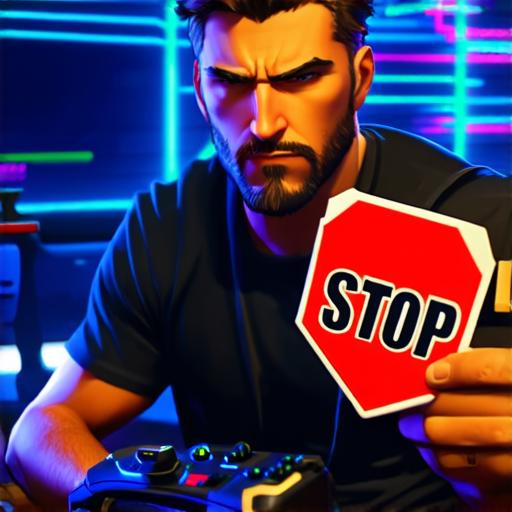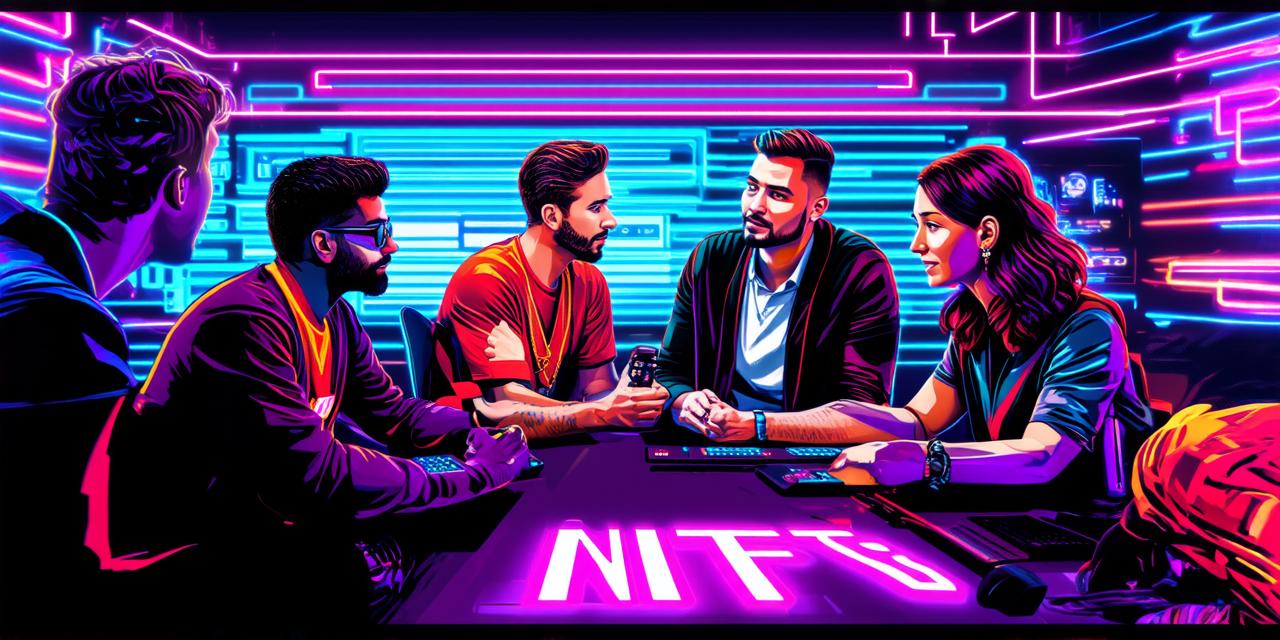NFTs, or non-fungible tokens, have become increasingly popular in recent years as a way for artists and creators to monetize their digital assets. However, the gaming community has been quick to oppose this new technology due to its potential impact on the industry.
Introduction:
NFTs, or non-fungible tokens, have become increasingly popular in recent years as a way for artists and creators to monetize their digital assets. However, the gaming community has been quick to oppose this new technology due to its potential impact on the industry.

The Rise of NFTs:
NFTs were first introduced in 2017 with the launch of Ethereum’s ERC-721 standard. Since then, they have been used in a variety of industries, including art and collectibles, music, and even sports. The gaming industry has also started to explore the use of NFTs, particularly for in-game items and assets that can be bought, sold, and traded.
The Problem with NFTs:
Gamers have several issues with NFTs. Firstly, they believe that the technology is too expensive and complicated for the average gamer. NFTs are often stored on blockchain networks, which require a significant amount of computing power and energy to maintain. This can make it difficult for smaller gamers to participate in the market, as they may not have access to the necessary resources.
Secondly, gamers are concerned about the potential for NFTs to create unequal distribution of wealth within the gaming community. If certain items or assets become highly sought after and sell for large sums of money, it could create a situation where only a select few players dominate the market. This could lead to a lack of diversity and inclusivity in the gaming industry.
Thirdly, gamers are worried about the impact of NFTs on the authenticity and ownership of in-game items. NFTs can be used to represent unique and rare items, such as rare weapons or collectibles. However, there is a risk that these items could be counterfeited or stolen, which could devalue their value and create confusion about ownership.
Summary:
In conclusion, gamers have several reasons for opposing NFTs. While the technology has the potential to revolutionize the gaming industry, it also poses significant risks to its authenticity and inclusivity. As such, it is important for developers and stakeholders in the gaming community to carefully consider the potential impact of NFTs before implementing them on a large scale.
